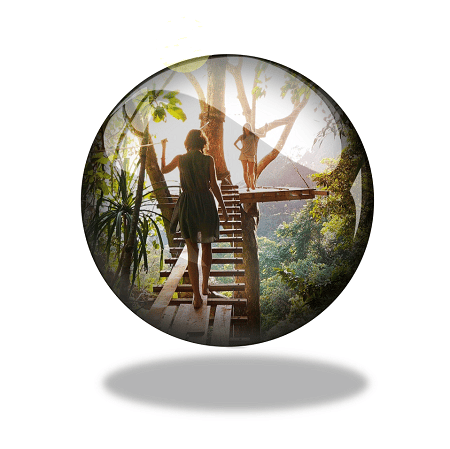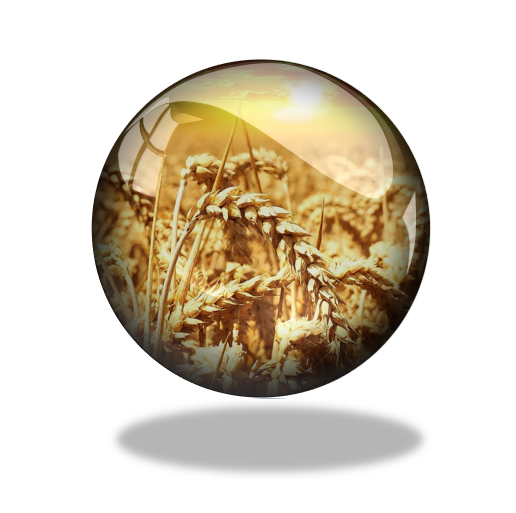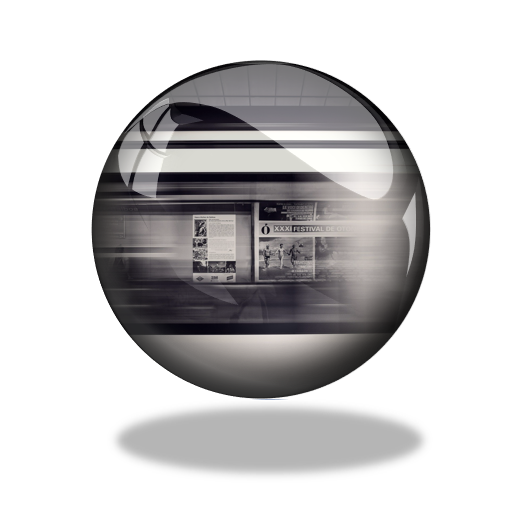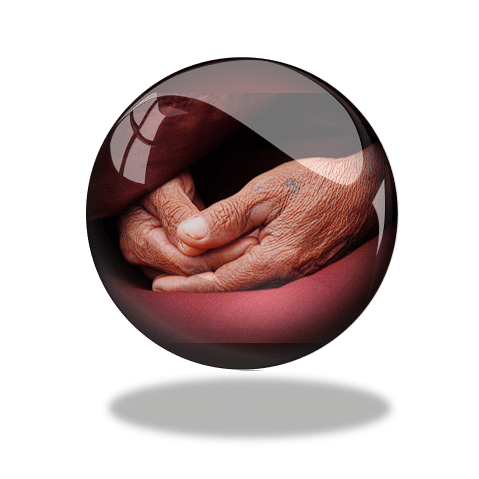
How can we use more of our inherent wisdom to make better decisions with a more secure outcome?
What would be the value of knowing, right from the outset, which of an organisations projects will most likely fail?
Supposing there was a simple test you could use to provide a reliable indicator of future failure? How much money, effort and enthusiasm could you save.
Surprisingly, it turns out that this simple test already exists.
The $500 Bet
Back in the 80s, I read that one of the major consulting firms undertook a study of failed projects. In this study, they interviewed the original team members of those projects. One of the questions they asked was: “Think back to the time when you launched this project. Imagine you could have bet $500 of your own money on the success of this project. Would you have placed that bet?”
The question threw people back to how they were feeling at the point of launch. It tended to make them reflect on their emotions and intuition at the time. And almost universally, they answered: “No, I wouldn’t!”
It turns out that the two aspects of their wisdom were in contradiction. The conscious, rational part of their minds were pushing, maybe enthusiastically, for the project to proceed. But, somewhere inside them, at that very point in time, there was unease. The more subconscious, intuitive parts of their minds were already communicating concerns. And all they needed to help them to access that intuition was a thinking device. In this case, a hypothetical bet of their own wealth.
Thinking devices help us access intuition
The thing is, our intuition can process the ambiguities and uncertainties that are beyond our capacity for analysis and calculation. Even amid the complexities that exist in large projects (and increasingly also in small ones). We can sense truths even before they are realised. And that sense can be remarkably helpful if we access it at the right time, and in the right way.
It is this phenomena that lies at the heart of a meeting tool called “The $500 bet” (which you can find as a template for virtual meetings here). People simply place their avatar (or cursor) in the ‘Yes’ square or the ‘No’ square in response to the question: “Would you bet $500 of your own money on this being a success?”
The purpose of this question is not so crass as to decide the fate of the project. We simply need it to help us access that intuition. And to do it in a way that we can use it to work with our rational minds. In that way, we can work out how to fix whatever is causing the greatest risks.
Highlighting opportunity
The follow up question is therefore: “So, what would need to be different for you to feel comfortable in making that bet?”
This enables people to use their imagination in conjunction with their intuition to reveal the truths that we need to address if the team to be truly be confident of success. In the template, these can be added as sticky notes. The team prioritises these to a practical subset which they need to address, and then ask the question again of themselves (provisional upon the actions). And they do this up until the point when the team really would bet their own money on its success.
A few minutes intuition, or hours in rework?
The tool is simple. It takes barely seconds to apply if the answer is ‘Yes’ from the outset. And if the answer is ‘No’? Well, the extra time in getting to ‘yes’ from ‘no’ is a pitifully small investment in comparison to the costs of failure. Try it out in adventure #019
“The $500 bet” is one of a suite of easy to apply tools and templates for virtual meetings. Activate any of them, in seconds, right in the middle of your meeting, with no prior set-up or preparation, and no cost. Each is designed to better engage people and their ideas, and to build greater commitment in the outcomes.
Simply bookmark the page https://meeting.toolchest.org/participation for the next time you sense that it would be good to gain more involvement, new perspectives, or a more balanced exploration.






 Why Pray?
Why Pray?